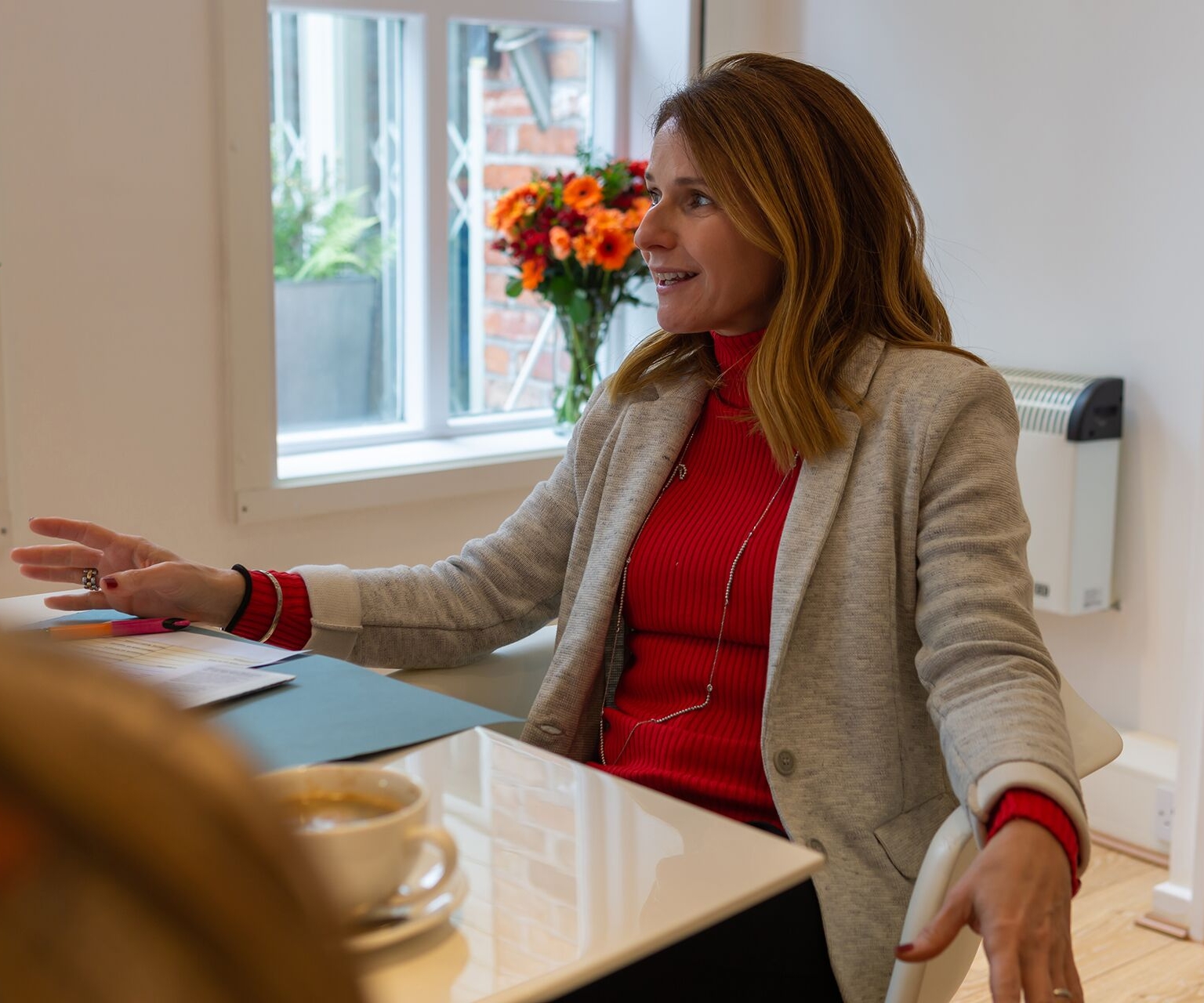Grandparents' legal rights to see, spend time with and care for their grandchild have become an increasingly important element of family law in recent years. There are still no automatic legal rights for grandparents. If your grandchild's parents separate and one parent denies you access, you have only limited options including the help of a mediator or, in some cases, a court order. In general, it is better if you are able to negotiate an informal solution that puts the child's best interests first. Mediation is a good way to do this, as mediators naturally aim for an outcome that offers the best overall result for everyone involved. Even if you choose to pursue a court order, you will be required to attend a Mediation Information & Assessment Meeting (MIAM) before you can go to court.
Grandparent Legal Rights
It can seem unfair that grandparents do not have any inherent legal rights to custody or visitation, especially if you have acted in a parenting role to young children for any length of time.
A court order can give grandparents some legal rights, but will generally put the interests of the grandchildren first.
Family structures can be complex, with grandparents offering all kinds of support to their children and grandchildren. Mediation is an excellent alternative to rigid legal structures, to put in place informal arrangements that are a better fit for your circumstances.
If you do go to court, the legal order that is put in place may determine a number of different aspects of the grandchild’s life.
This includes issues like:
As a result of a court order, you may only be given a legal right to contact your grandchild by letter or by telephone, or the order may include a right to see them face to face.
Grandparents can sometimes feel as though they are entitled to unlimited access to their grandchildren, but this is not always practical.
Children need the stability of a sensible, sustainable routine. Crucially, that includes the right to spend time without their grandparents present.
Whether the grandchild is your own flesh and blood, a stepchild, adopted or otherwise, it’s important to recognise the value of routine, proper parental responsibility, and respecting reasonable boundaries.
As such, it is completely within the parents’ rights to restrict access – although it may be unreasonable for them to deny access completely.
Mediation is the natural first choice before attempting any kind of family court action. Unless there is an element of domestic abuse involved, you will need to attend an MIAM before you can apply for a court order, so it’s worth giving mediation fair consideration.
For grandparents, mediation is a good way to bridge the gap in your inherent legal rights. Mediators have in-depth experience of working with different family structures, and detailed knowledge of family law.
If communication has broken down, a mediator offers a unique independent voice, without taking anybody’s side, to reopen negotiations in a more positive, collaborative way.
Why Mediation?
Mediation aims for positive outcomes, not just on putting in place a court order with binding effects. Arrangements can be informal, or you can proceed to court to have agreements enforced.
It’s important to remember that family mediators take a positive approach. Your mediator will try to preserve your relationships – not only between grandparent and grandchild, but also between grandparent and parent.
You might feel like the relationship has already broken down too far to retrieve, but mediators have seen this in the past, and we know that family connections can be rebuilt.
It might be purely civil, or you might rediscover your love for one another, but mediators will do the work to ensure that you can at least be in the same room in the future, for the sake of your grandchild.
Court action is, by its nature, combative. Mediation is inclusive, and everyone is given a voice – including your grandchildren, if they’re old enough to express themselves.
We can offer shuttle mediation (where messages are passed back and forth between family members in different rooms), as well as remote, online and telephone sessions, especially at the start until direct communication between the different parties is reestablished.
If you are looking into this process, you clearly want to support your grandchild’s best interests. So do we – and in most cases, that means keeping the family as a whole together in some form.
Family mediators believe that it is better to avoid the adversarial nature of court proceedings, and instead to adopt an open (and often informal) approach to communication.
We want to reduce the level of stress involved in negotiating these very important issues, including grandchild custody and residency, and any parenting roles fulfilled by the grandparents.
In the end, we want everyone to walk out of the room knowing their rights and responsibilities, with an agreement in place that will be suitable and sustainable for as long as possible.
Court rulings are not right for everyone. Family is not about ‘winning’ or ‘losing’. It’s about putting everyone’s needs on an equal footing and finding a solution that suits all parties (or a fair and equal compromise).
In some cases, that might be as little as one weekend visit per month. In others, it could see grandparents take on a day-to-day support role, such as taking care of the school run or serving as an after-school caregiver while the parents are finishing work.
The point is, mediation can work around any such circumstances to create flexible, informal arrangements that are still written down in detail for all parties to see – and so nobody can deny what was agreed.
If you have any questions, call us on 0330 236 7450 or fill out this form

